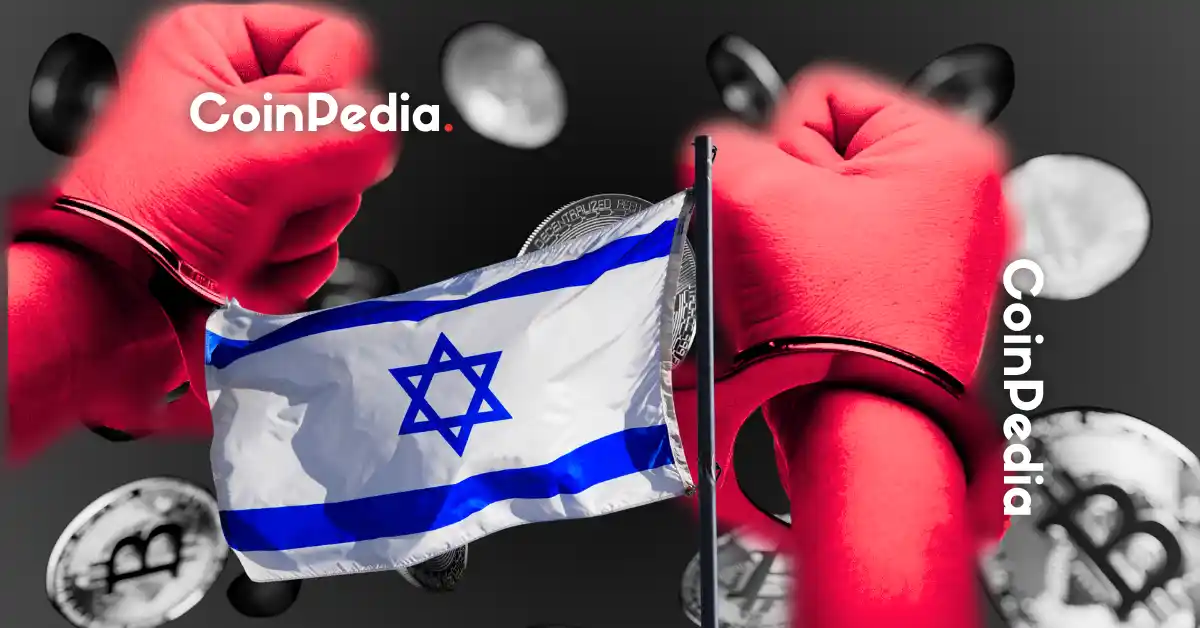
Recently, the Israeli government announced that it had seized $1.7 million in cryptocurrency from wallets linked to the Iranian Revolutionary Guard Corps and Lebanese Hezbollah. According to reports, Chainalysis helped with the mission. However, the government couldn’t confirm the wallets’ link to terrorist groups.
On Monday, the Israeli Ministry of Defense claimed that it ordered the seizure of 187 crypto wallets linked to the Islamic Revolutionary Guard Corps (IRGC). In a document detailing the seizure order, the Israeli government claimed that the wallets are used for terrorist purposes. According to blockchain monitoring firm Elliptic, the named wallets have received $1.5 billion over time in Tether’s stablecoin USDT.
However, Elliptic’s co-founder and chief scientist, Tom Robinson, said that the company cannot confirm whether those wallets do indeed belong to the IRGC. Robinson also said that the wallets currently only hold $1.5 million, a fraction of the funds that moved through them until today.
In a blog post, the company said, “It is not possible to verify whether all of these transactions are directly linked to the IRGC since some of the addresses may be controlled by cryptocurrency services and could be part of wallet infrastructure used to facilitate transactions for many customers.”
Amir Rashidi, the director of digital rights and security at the Iran-focused nonprofit Miaan Group, explicitly denied the claim. He said, these wallets might be connected to the IRGC for financial reasons, but that does not confirm their terrorist purpose.
Rashidi told TechCrunch, “Many of these cases might, for example, involve exchanges that are not directly part of the IRGC but are connected to it, similar to many banks, financial and credit institutions, or even companies that appear to be private.”
Israel could not clarify whether those wallets are linked to terrorist groups, but it still made the seizure. This is not the first time Israel has targeted Iran for its crypto. Previously, in June 2025, a crypto wallet linked to Israel hacked Iran’s largest crypto exchange, Nobitex. This move was made amid the war between the two countries.
Despite carrying out multiple military operations, Israel still manages to seize other countries’ crypto as well.
CoinPedia has been delivering accurate and timely cryptocurrency and blockchain updates since 2017. All content is created by our expert panel of analysts and journalists, following strict Editorial Guidelines based on E-E-A-T (Experience, Expertise, Authoritativeness, Trustworthiness). Every article is fact-checked against reputable sources to ensure accuracy, transparency, and reliability. Our review policy guarantees unbiased evaluations when recommending exchanges, platforms, or tools. We strive to provide timely updates about everything crypto & blockchain, right from startups to industry majors.
All opinions and insights shared represent the author's own views on current market conditions. Please do your own research before making investment decisions. Neither the writer nor the publication assumes responsibility for your financial choices.
Sponsored content and affiliate links may appear on our site. Advertisements are marked clearly, and our editorial content remains entirely independent from our ad partners.
Elon Musk’s AI company xAI is hiring crypto specialists to train its AI on trading…
ING Deutschland, one of Germany’s largest retail brokers, has opened up new ways for ordinary…
Stacks (STX) price moved higher today, outperforming several large-cap cryptos as the broader market attempts…
Tether has officially entered the Bitcoin mining infrastructure space with the launch of MiningOS (MOS),…
ZIL price surged more than 70% today, marking one of its strongest single-day performances in…
Story Highlights The live price of the Zilliqa crypto token is . ZIL price could…